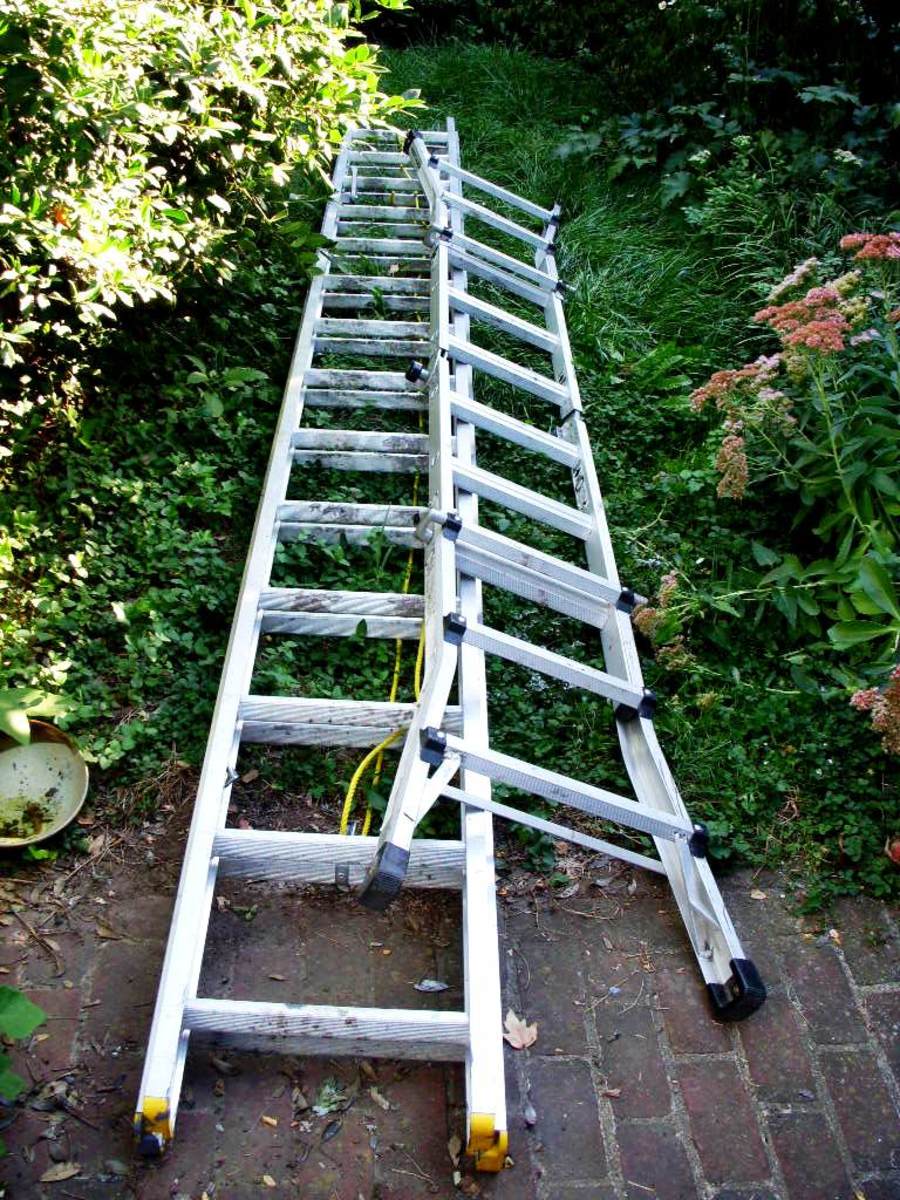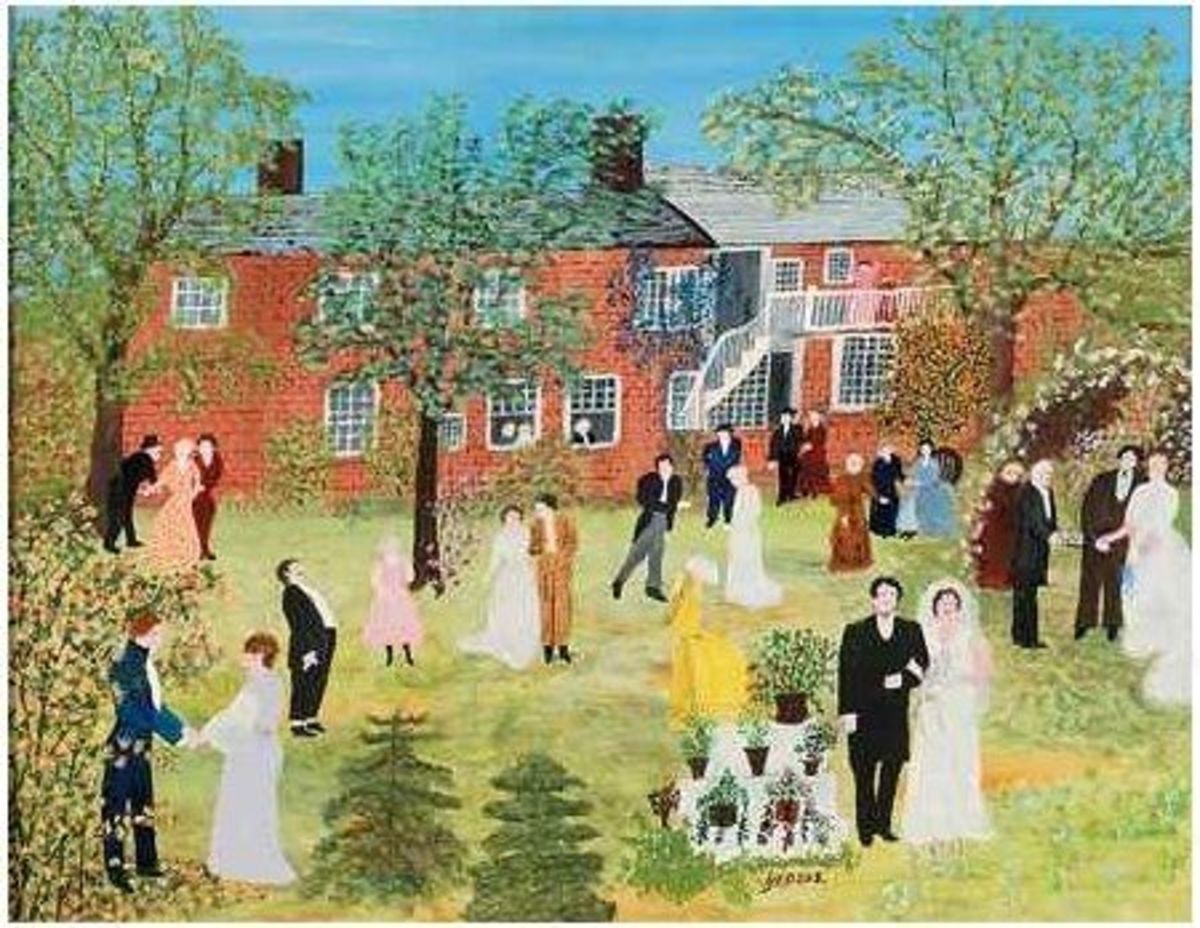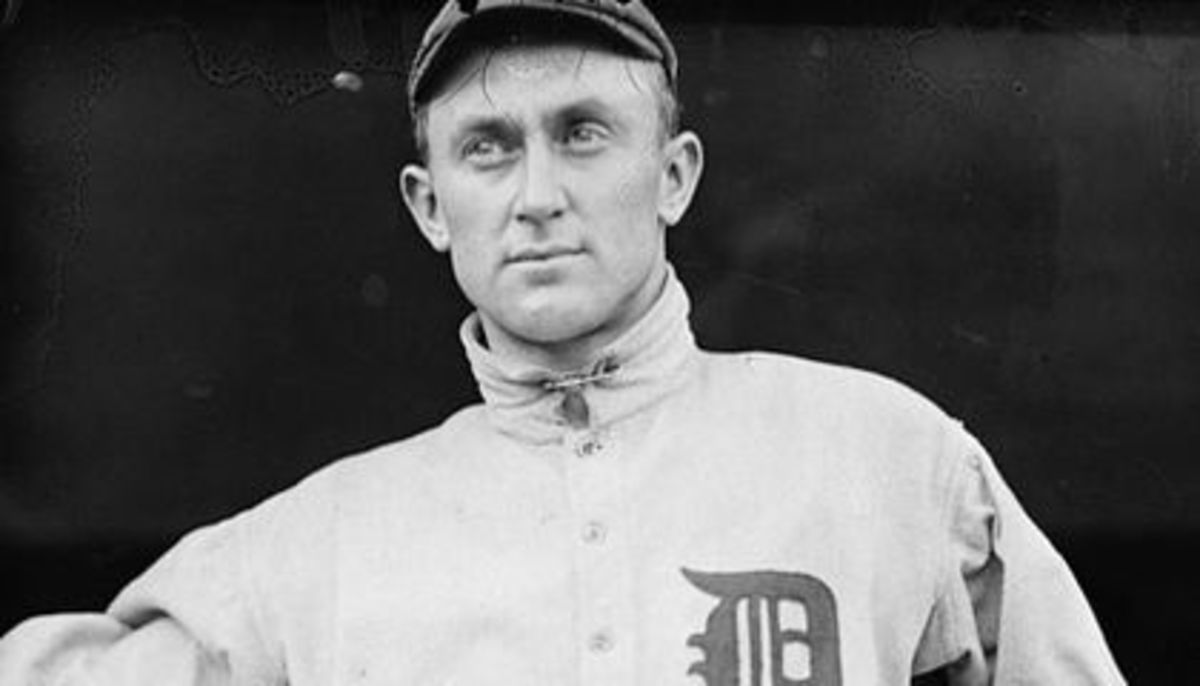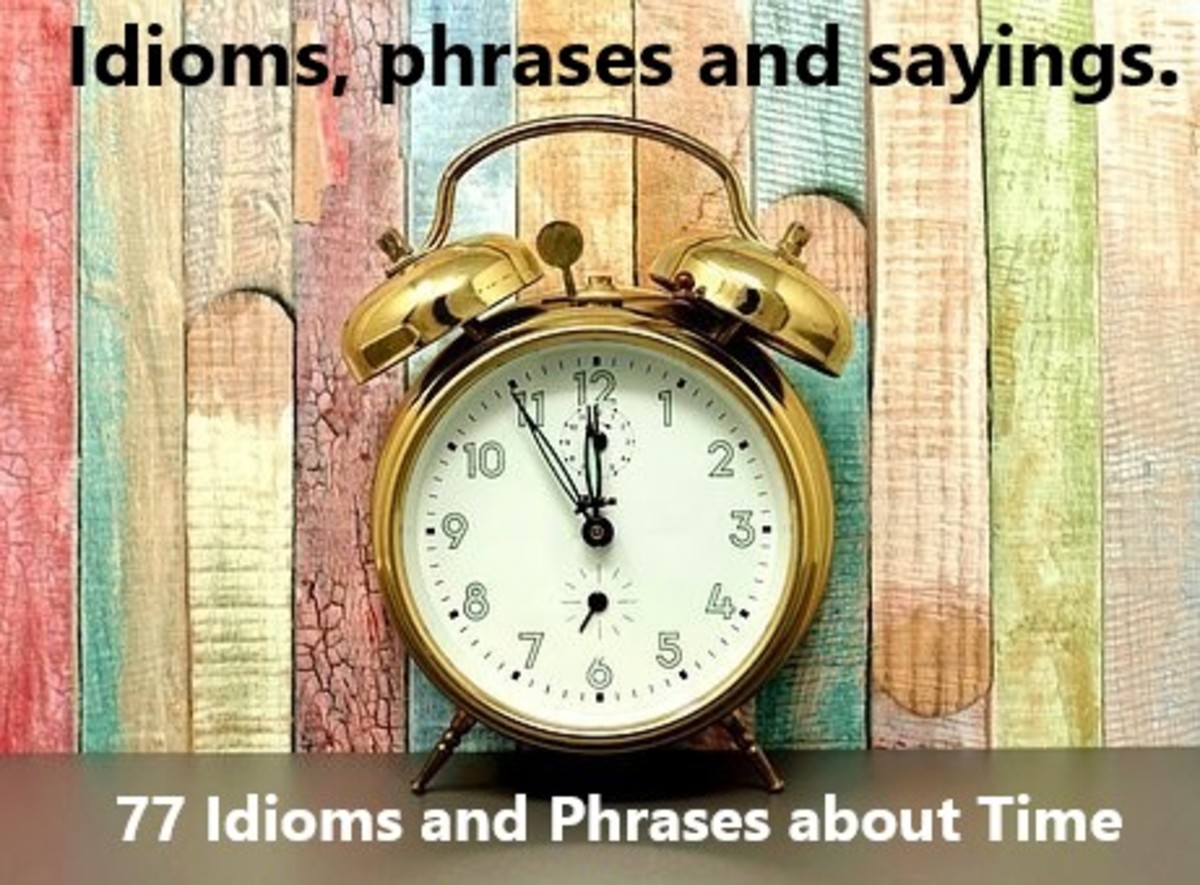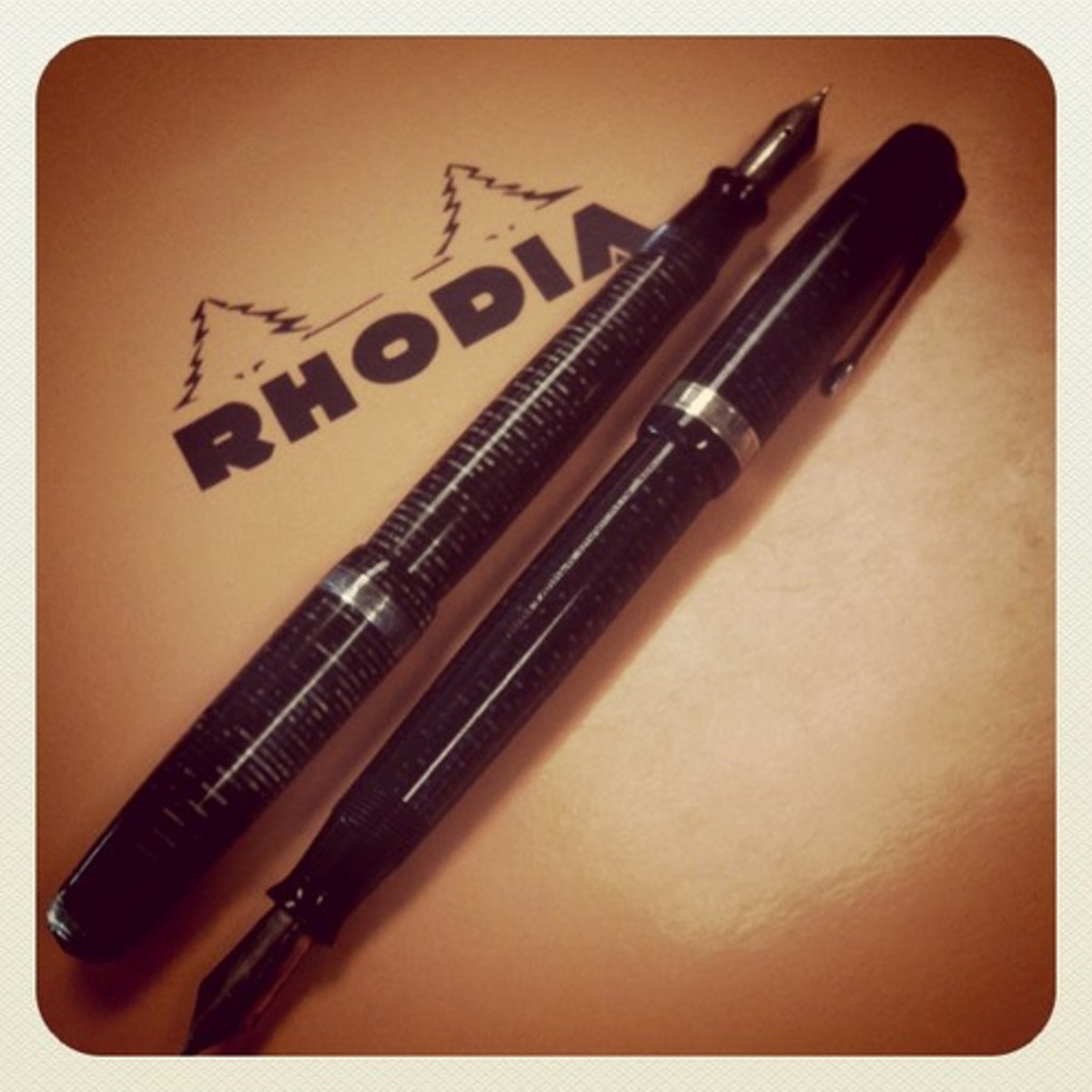Poems You Can Understand
Carl Sandburg
A while back, I only knew about Billy Sunday from the song made famous by Frank Sinatra. It was about Chicago. This was the city, according to the lyric, that "Billy Sunday could not shut down." Well, there is always Wikipedia to find out without much trouble that he had been a professional baseball player turned preacher. He played for the White Stockings. In Jefferson Park, with the boys, he only drank lemonades. On the pulpit, he must have been pure, unadulterated fire and brimstone. Unfortunately, Chicago had already burnt to the ground the regular way with real fire and not the unscientific stuff of the Lake of Fire. Now, Sandburg had been a reporter working the Chicago scene having a contemporary acquaintance with the Sunday phenomenon. Sandburg was also a writer during a time when there were writers. Today, there is one helluva lot of writing, but by very few writers of note. It must be said, Sunday's bio makes for good reading. He was quite a character on his own and had no need for Sandburg to immortalize him, in addition to the song, with a poem. When I read poems, nine times out of ten I get lost and lose the thread or the feel. Poetry fanatics seem to have an aversion to the literal. They like to embed their thoughts, sometimes not fully formed, in jargon, code, or esoterica. But Sandburg merely speaks his mind, asking Sunday, what is all this "goddam gibberish about Jesus?" These are words with emotive components I comprehend (Billy Sunday and Other Poems, ed. George and Willene Hendrick).
The Eastland 1915
In 1915, a Chicago tour boat capsized and dumped 2,500 people into the Chicago River. Over 800 lost their lives. Apparently, the ship was flawed and unsafe. But Sandburg does not use the incident to sermonize the stupidity of mankind. He goes on to poeticize the thousands who die yearly from consumption. The "con," as he calls it, has statistics that add up, too. Chicago made a substantial contribution, totaling about 150 annually. Writes Sandburg, "I see a dozen Eastlands/Every morning on my way to work." Why this is, I am not sure, except that he is sharing his innermost thoughts, which contain large numbers of fatalities, either actualized or in a state of potential. He also mentions kids on their way to their jobs, "rubbing the sleep out of their eyes". The street scene of one hundred years ago was obviously different. Child labor laws were still being fought over. But these events, these facts, these movies-of--the-mind remain extant in some haunting way. Whenever I'm in Chicago, I still see it in some fashion from how it was before the Picasso arrived. The buildings were different. So were the windows. I recall The First National Bank, inside and out, prior to its monumental facelift. 1915 is way before my time, but I somehow find ways to connect. Old folk chatted about the Eastland. It was still fresh in their minds, even though they were only children at the time.
Sandburg
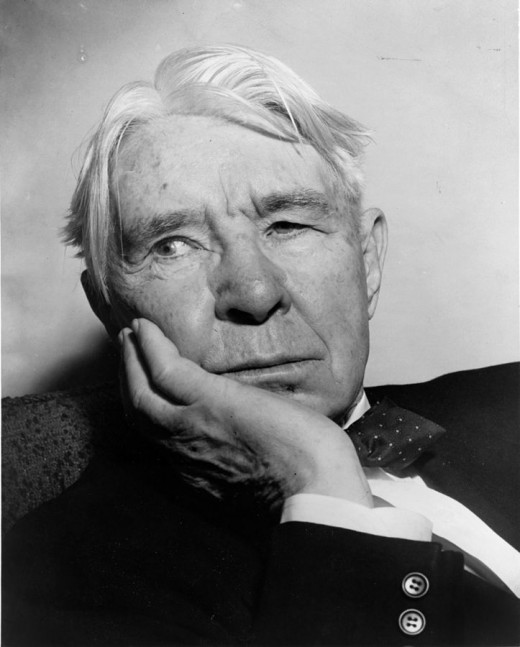
Word Pictures
This summer in Chicagoland I might visit the Art Institute and try to get educated. About time. The non-verbal element of pictorial art throws me off. I am never quite sure how long to stand in front of a painting or sculpture. What should I be thinking? Or appreciating? Or feeling? All it takes is to catch sight of a t-shirt with lettering and I'm more into that than the Rembrandt before my face or whoever is being showcased. If five people stand in front of a single painting, is it bad manners to join them? How close should one approach a painting? Do puzzles resolve themselves with two steps back? What does museum etiquette suggest if too many people converge upon a single, small painting? Move to the right? The left? Wait? Guides, if you can get them, talk knowingly and endlessly about paintings. That is all I'm getting at. They never run out of brilliance and data. I hope some of that wisdom rubs off if I make it to Michigan Avenue. In any event, what I encounter in Sandburg's poetry are word pictures. These I readily understand. His wording enables something like a picture to always emerge, though it does not necessarily have a sharp, visual focus.
There is, for instance, the "Black Prophetess," who has "four permits from the police in Chicago/to stand on the street corners/and warn the people of destruction/I told 'em about the Eastland and the war/before those things happened." There is life in big cities not always found elsewhere. In smaller, more provincial places, they stamp out the excess, however it is defined. They want things to be a certain way and contrive to make it happen. But in larger places, there are too many situations, too many people, that defy the best, most maniacal control freak-ism. I do not know about Chicago. But in New York, people used to say that their crazies were the city's backbone, not its misfortune. Still, who am I to say? Crazy? The Prophetess was right twice, wasn't she? Would a painting or photo have conveyed her essence or presence better?
Phrasing
The newspaper style of poetry that gives the what, why, where, and when just as if it were a piece of journalism is something I enjoy. Occasionally, Sandburg allows himself a little more English than usual. It comes out in his poetic coverage of Sacco and Venzetti. Their trial, conviction, and execution was sensational in its time, circa 1927. Though not a Chicago event, writers everywhere voiced their outrage. Thus, Sandburg starts out with the usual lean and mean facts: "Well, the dying time came, the legal midnight hour/The moment set by law for the Chair to be at work." The writing has an edge to it, though well short of a lament or an American J'accuse. Its temperature is just right. "The time was on for two men/To march beyond blood into dust --." "Sacco said, Good evening," the poet reports. Venzetti, however, shouts, "I wish to forgive some people." Apparently not unaffected, Sandburg also penned "I should like to be hanged/On a summer afternoon."
Chicago Out Loud
The Song
- Frank Sinatra - Chicago - YouTube
I do not own the rights to this song. Lyrics Chicago, Chicago--that toddlin' town. Chicago, Chicago--I will show you around. I love it. Bet your bottom dolla...

